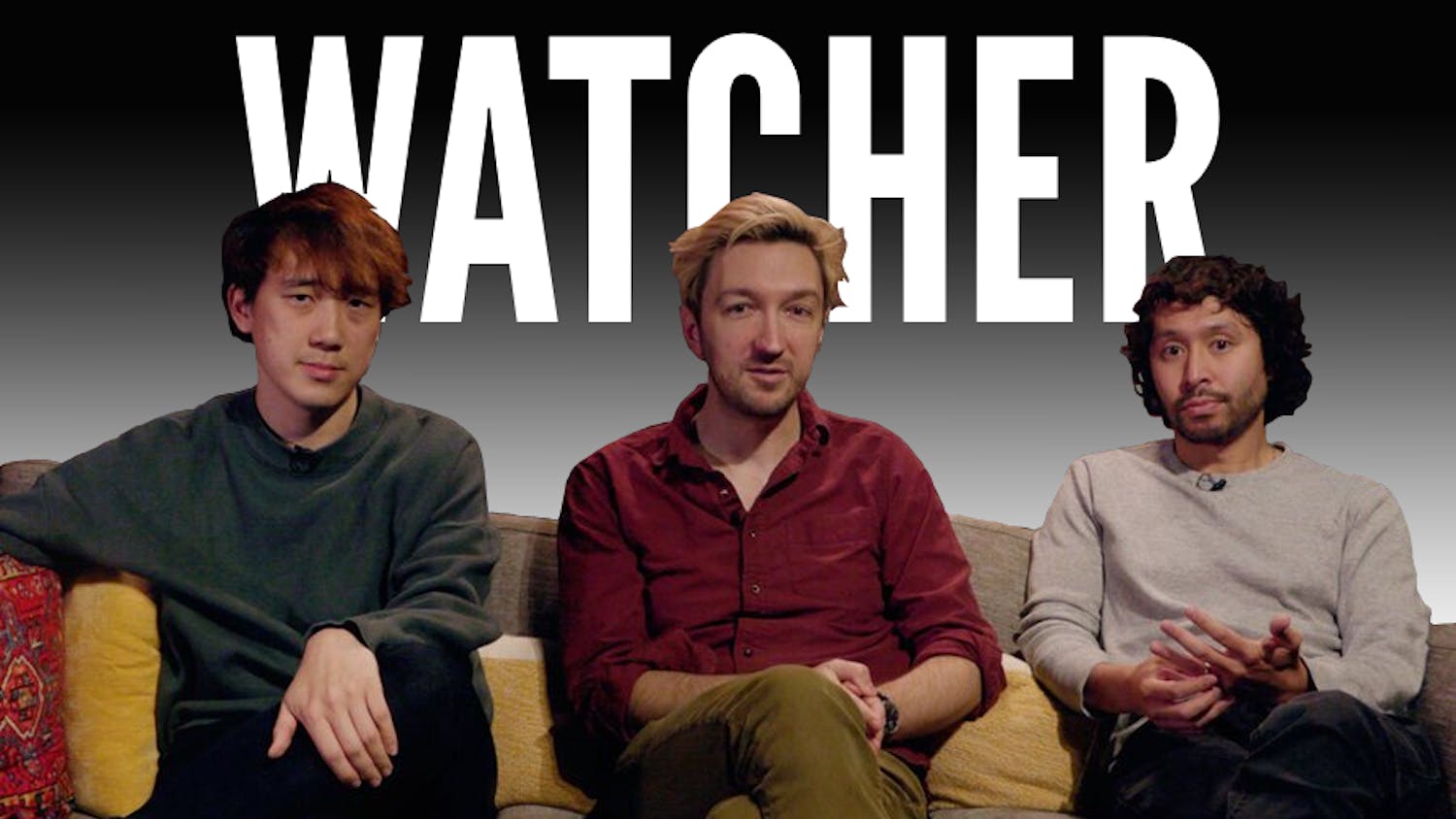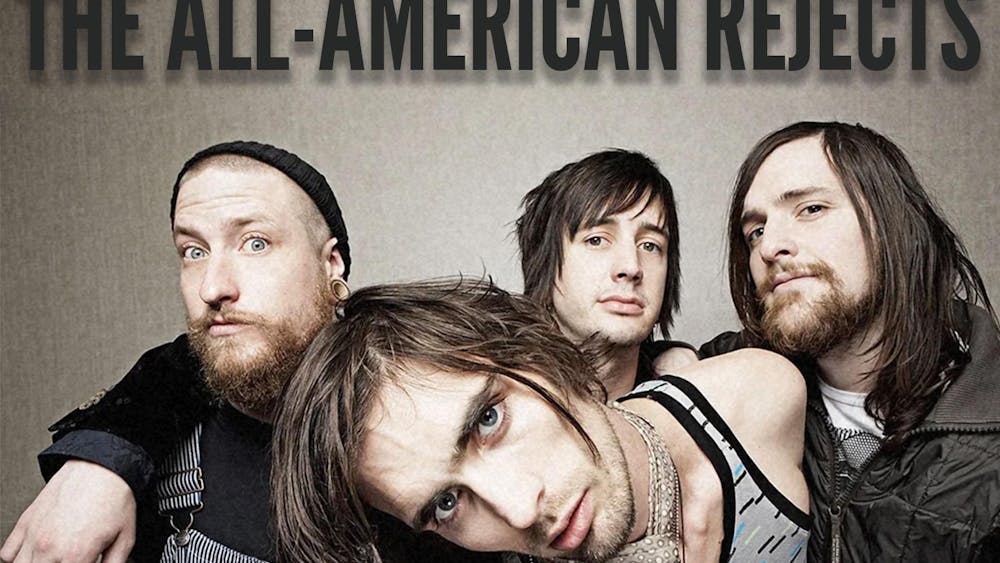
I have this playlist that I listen to late at night when I’m stitching my way back and forth, back and forth across the quad.
“Bad Religion,” by Frank Ocean. “Acid Rain,” by Chance the Rapper. “Pursuit of Happiness (Nightmare),” by Kid Cudi, featuring MGMT and Ratatat.
Hands buried in my pockets, I pull it up when the snake of my depression has coiled itself around my brain and is whispering in my ear.
“4:30am,” by Kevin Gates. “Smoke,” by Moors. “Work work,” by clipping.
I’ll walk and listen, sometimes for hours, until I give up and decide to go to bed, hoping that, by the time I wake up, the snake will have burrowed its way back into whatever deep, dark part of my brain it calls home.
“Hive,” by Earl Sweatshirt. “Swimming Pools (Drank),” by Kendrick Lamar. “The Motions,” by Sirius Blvck.
Yeah, it’s melodramatic, but when you’ve gotten to the point where the question “Why don’t you just kill yourself?” fills every open seat in your train of thought, you take what comfort you can get.
“Soundtrack 2 My Life,” by Kid Cudi. “3005,” by Childish Gambino. “Day ‘n’ Nite,” by Kid Cudi.
On Oct. 3, Scott Mescudi, better known as the rapper Kid Cudi, checked himself into “rehab for depression and suicidal urges.” He announced this development over Facebook and for once, maybe in the history of the internet, he received an outpouring of support. This is a heartening sign of our society’s growth when it comes to dealing with mental illness, especially given the fact that Mescudi was expected to release his already delayed new album (titled “Passion, Pain & Demon Slayin'”) sometime in October. Now, however, he is just hoping to be out of rehabilitation by ComplexCon in November.
Anyone who has listened to Kid Cudi’s music, whether they’ve experienced mental illness or not, can tell that he gets it. Listening to his music means looking inside the mind of someone dealing with depression and anxiety. In his Facebook post, Mescudi reveals: “I am not at peace. I haven’t been since you’ve known me.” His illness became his trademark. As he said in his debut single, “Day ‘n’ Nite,” “The pain is deep.”
We’ve created this archetype of the “tortured artist” based on the idea that the more someone suffers, the more creative weight their work possesses. Van Gogh is the historic example, but this vignette has proven to have serious staying power. Heath Ledger, Robin Williams and Amy Winehouse — this phenomenon isn’t limited to one sector of entertainment. We, as the culture-devouring public, demand “realness,” but the emotional vulnerability artists need to show to garner acclaim is a double-edged sword. Health should always come first, but it can be hard for someone to let go of that pain, especially when, like Mescudi, it’s what got them noticed in the first place.
I can only speak for depression, but it finds a way to tear you down no matter where you are. If your life is going well, it’ll tell you that it won’t last — that the people around you are fake. If your life is going poorly, it’ll tell you that you’re worthless — that no one cares about you. You can find yourself hurting friends and family in ways that you never intended to, like leaving your mom alone at a hall Mother’s Weekend event.
“[This] is something I have to do for myself, my family, my best friend/daughter and all of you, my fans.”
One of the hardest parts about suppressing depression is throwing off everyone else’s expectations and doing whatever you need to do to get healthy again — even if that means dropping out. I don’t know anything about the sort of expectations that Mescudi is dealing with, but I do know a thing or two about dropping out. If he does right by himself, and doesn’t rush back, I have no doubt that the new Kid Cudi will be even better than the old Kid Cudi.
Should he decide to withdraw from the public eye altogether, though, Mescudi should be applauded for both his decision to enter rehab and the openness with which he has discussed, musically and otherwise, his own struggles with mental illness. Realizing that there is someone else out there fighting the same fight you are — that you are not alone — is some of the best therapy that I’ve found. Kid Cudi has been there for me. I’m thankful for that.
Fittingly, last week was Irish State of MiND, the University’s attempt to raise awareness for mental illness. Kid Cudi is a prominent case of an epidemic that affects everyone, everywhere. He put his illness on display and still had trouble finding the support that he needed. Imagine how easy it must be for people outside the spotlight to just fade away. Kid Cudi is a hero for grappling with his demons and turning on the light, but we need to tear down the stigma and raise the discussion with those around us if we are really committed to saving ourselves.
I have this playlist that I listen to late at night … but I’m trying to take the headphones out.













